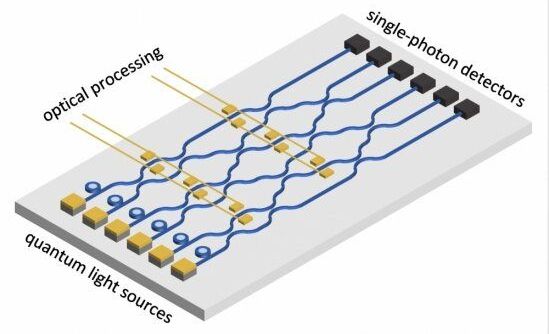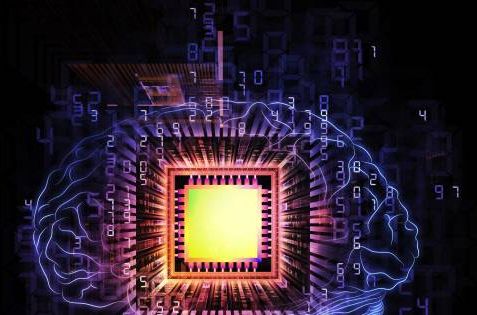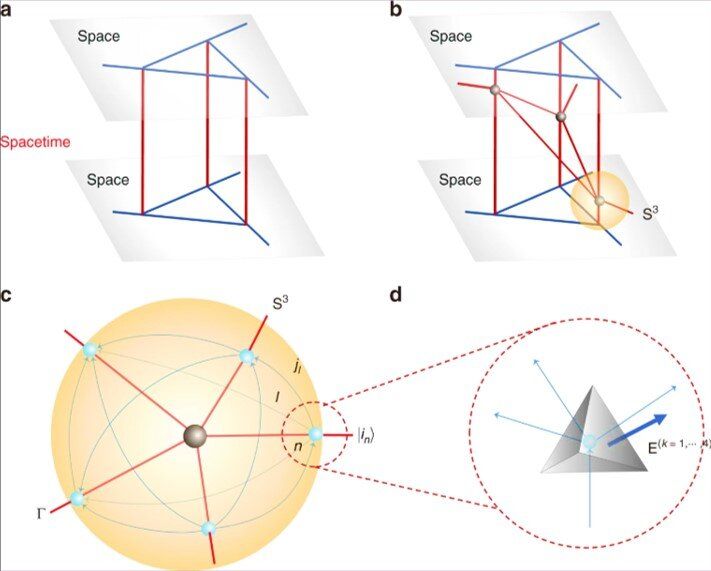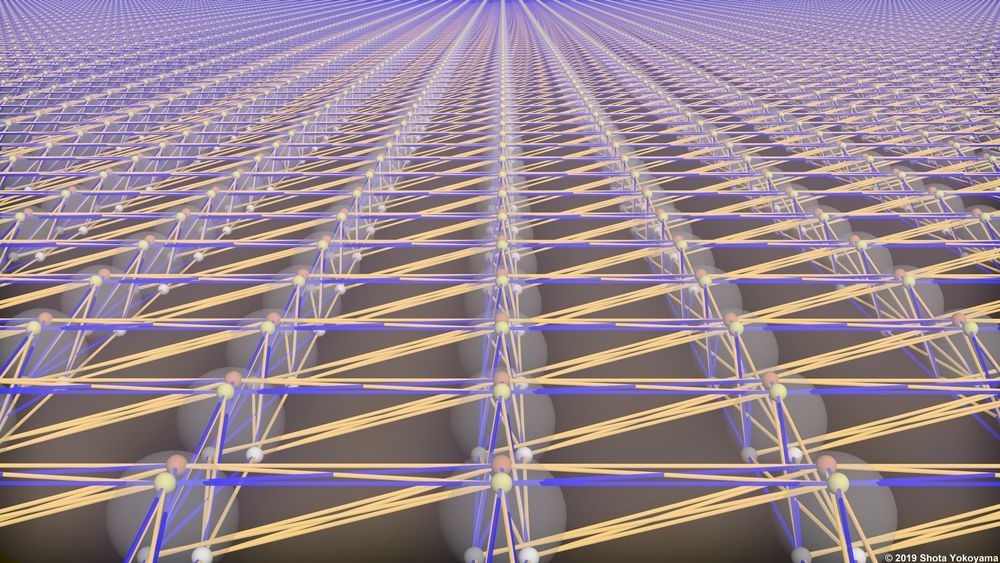Is Google moving past the rest of the competition.
Quantum computers’ potential and the advantages they promise over classical computers all remain largely theoretical, and hypothetically speaking, it is predicted that quantum computers will be able to solve problems that are beyond the reach of the classical computers we use today. Passing such a threshold will be considered proof of what we call “quantum supremacy.”
A leaked research paper revealed that Google has reached this level of quantum supremacy but the leak was quickly taken down leaving more questions than answers.
So where do we go from here? What does a world with quantum supremacy look like?








